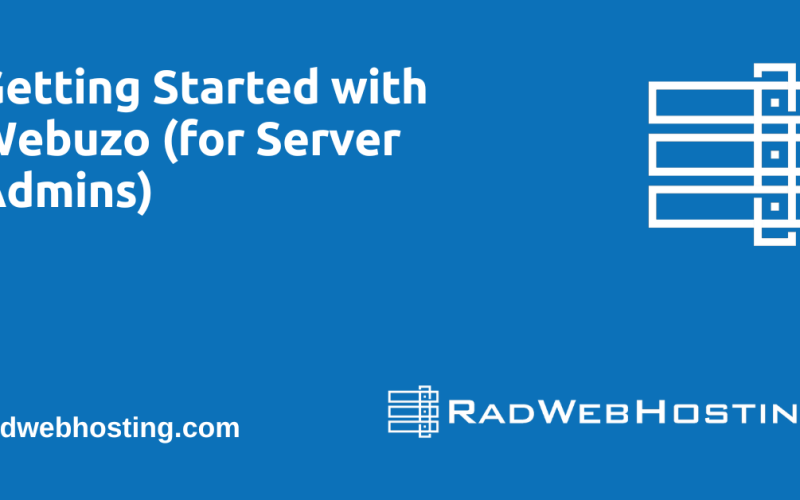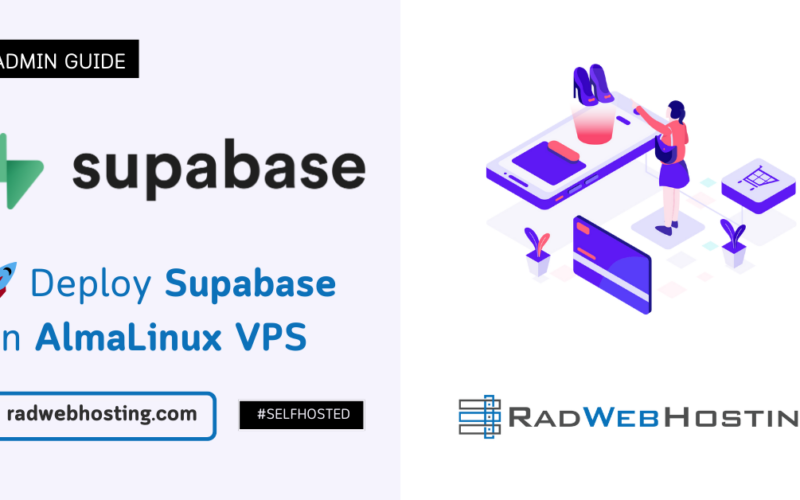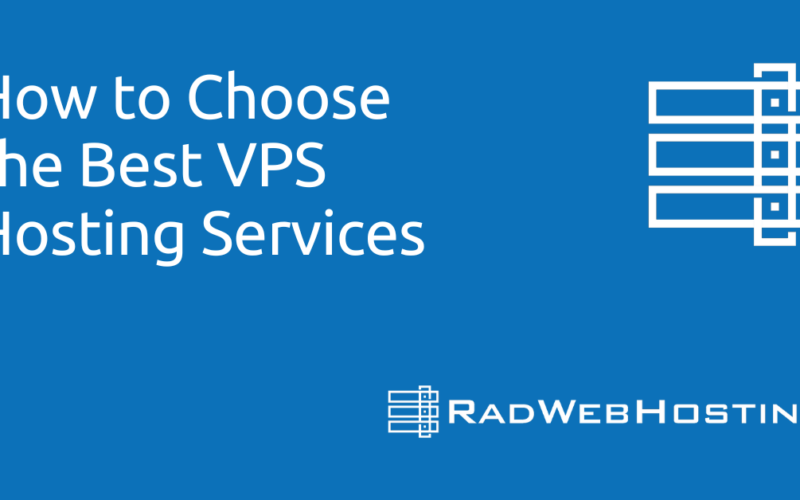In this blog, we’ll explore the importance of choosing DDoS-protected web hosting services, examining what DDoS attacks are, the potential impacts of such attacks, and how DDoS-protected hosting can safeguard your online presence.
Understanding DDoS Attacks
What is a DDoS Attack?
A Distributed Denial of Service (DDoS) attack is a malicious attempt to disrupt the normal traffic of a targeted server, service, or network by overwhelming the target or its surrounding infrastructure with a flood of internet traffic. DDoS attacks are carried out using multiple compromised computer systems as sources of attack traffic. These networks of machines are often referred to as botnets.
The sheer volume of the traffic sent to the target server can cause it to slow down or even crash, rendering the website inaccessible to legitimate users. This can have disastrous consequences, especially for businesses that rely heavily on their online presence.
Types of DDoS Attacks
- Volume-Based Attacks: These are the most common types of DDoS attacks. They aim to saturate the bandwidth of the targeted site with a flood of traffic. Examples include UDP floods and ICMP floods.
- Protocol Attacks: These attacks exploit weaknesses in protocols to consume server resources or overload firewalls. Examples include SYN floods and fragmented packet attacks.
- Application Layer Attacks: These are the most sophisticated and targeted types of DDoS attacks. They focus on specific functions or features of a website, such as database access or search functionality, aiming to crash the application. An example is the HTTP GET/POST flood.
The Impact of DDoS Attacks on Businesses
Financial Losses
For e-commerce websites, every minute of downtime can translate to significant financial losses. During a DDoS attack, customers cannot access the website to make purchases, resulting in a direct loss of revenue. According to a report by Cloudflare, even a small DDoS attack can cause an average loss of $20,000 to $40,000 per hour for businesses.
Damage to Reputation
In the digital world, reputation is everything. When a website goes down due to a DDoS attack, customers may lose trust in the brand, assuming that the business cannot protect itself from cyber threats. This loss of confidence can lead to a decline in customer loyalty and a tarnished brand image that could take years to repair.
Operational Disruption
Beyond the immediate financial impact, DDoS attacks can disrupt the internal operations of a business. Employees may lose access to necessary tools and systems, leading to delays in service delivery and reduced productivity. This operational disruption can have a cascading effect, causing missed deadlines and dissatisfied customers.
Long-Term Consequences
The long-term effects of a DDoS attack can be devastating. The downtime caused by an attack may result in lost business opportunities and potential customers choosing competitors. Additionally, recovering from a DDoS attack often requires a substantial investment in IT resources and security measures, further straining the business’s finances.
Why DDoS-Protected Web Hosting is Essential
Given the severe consequences of DDoS attacks, it is crucial for businesses to choose web hosting services that offer robust DDoS protection. Here’s why:
1. Continuous Availability
DDoS-protected web hosting services are designed to ensure that your website remains accessible even during an attack. These hosting providers employ advanced mitigation techniques that can absorb and filter out malicious traffic, allowing legitimate users to access your site without interruption.
2. Advanced Threat Detection and Mitigation
DDoS-protected hosting services use sophisticated monitoring tools that can detect unusual traffic patterns and identify potential threats in real time. Once a threat is detected, these services can automatically initiate mitigation processes to neutralize the attack before it can cause significant damage.
3. Scalability
One of the defining features of DDoS attacks is their scalability. Attackers can increase the volume of traffic to overwhelming levels, and without proper protection, even a well-established website can be brought down. DDoS-protected hosting services offer scalable solutions that can handle large volumes of traffic, ensuring that your website can withstand even the most massive attacks.
4. Reduced Downtime
By choosing a DDoS-protected hosting provider, you significantly reduce the risk of downtime caused by an attack. These providers typically have a network of servers distributed globally, which can reroute traffic and maintain website performance even when under attack. This redundancy ensures that your website remains operational, providing a seamless experience for your users.
5. Enhanced Security Features
In addition to DDoS protection, many hosting providers offer a suite of additional security features, such as Web Application Firewalls (WAF), Secure Socket Layer (SSL) certificates, and regular security updates. These features work together to provide a comprehensive security solution, protecting your website from a wide range of cyber threats.
6. Peace of Mind
Perhaps one of the most significant benefits of choosing DDoS-protected web hosting is peace of mind. Knowing that your website is secure against one of the most common and disruptive forms of cyberattacks allows you to focus on growing your business without the constant worry of potential threats.
Choosing the Right DDoS-Protected Web Hosting Service
When selecting a DDoS-protected web hosting provider, there are several factors to consider:
1. Level of Protection
Not all DDoS protection is created equal. Some hosting providers offer basic protection that may only cover small-scale attacks, while others provide more comprehensive solutions capable of handling large-scale, sophisticated attacks. It’s essential to understand the level of protection offered and choose a provider that aligns with the potential threats your website may face.
2. Performance Impact
While DDoS protection is crucial, it’s also important to ensure that the protective measures do not negatively impact your website’s performance. Some mitigation techniques can cause latency or slow down your website, which can frustrate users. Look for providers that offer high-performance DDoS protection with minimal impact on site speed.
3. Global Network
A hosting provider with a global network of data centers can offer better protection against DDoS attacks. By distributing your website’s traffic across multiple servers worldwide, these providers can reduce the risk of a single point of failure and improve overall site availability.
4. Customization and Flexibility
Every website has different needs, so it’s important to choose a hosting provider that offers customizable DDoS protection plans. Whether you run a small blog or a large e-commerce platform, the provider should be able to tailor their services to meet your specific requirements.
5. Customer Support
In the event of a DDoS attack, time is of the essence. You’ll need a hosting provider that offers 24/7 customer support with knowledgeable staff who can quickly respond to and resolve issues. Look for providers with a strong reputation for customer service and support.
6. Cost-Effectiveness
While DDoS-protected hosting is an investment, it doesn’t have to break the bank. Many providers offer a range of plans to fit different budgets. However, it’s important to weigh the cost against the level of protection and features offered. Remember, the potential cost of recovering from a DDoS attack far outweighs the cost of preventive measures.
Case Studies: The Real-World Impact of DDoS Protection
To further illustrate the importance of DDoS-protected web hosting, let’s look at a few real-world examples:
1. GitHub Attack (2018)
In 2018, GitHub, one of the world’s largest software development platforms, experienced one of the most massive DDoS attacks in history. The attack peaked at 1.35 Tbps (terabits per second), making it one of the largest DDoS attacks ever recorded. Thanks to their DDoS protection services, GitHub was able to mitigate the attack within minutes, with minimal downtime and no significant impact on users.
2. Dyn Attack (2016)
The DDoS attack on Dyn, a company that provides DNS services, in 2016 is another notable example. This attack affected major websites such as Twitter, Netflix, and Reddit. The attack was so severe that it brought down these sites for several hours. While this incident highlighted the vulnerabilities of DNS providers, it also underscored the importance of robust DDoS protection in maintaining internet infrastructure.
3. Spamhaus Attack (2013)
The Spamhaus Project, a non-profit organization that tracks spam-related activity, faced a DDoS attack in 2013 that reached 300 Gbps. The attack was so powerful that it slowed down internet speeds across Europe. However, thanks to DDoS protection from Cloudflare, Spamhaus was able to stay online, preventing a total shutdown of their services.
Conclusion
In today’s interconnected world, the threat of DDoS attacks is a reality that every business with an online presence must take seriously. The potential damage from a successful DDoS attack is too significant to ignore, with consequences ranging from financial loss to long-term reputational damage.
Choosing a DDoS-protected web hosting service is not just about safeguarding your website from malicious attacks; it’s about ensuring continuous availability, maintaining customer trust, and protecting your business’s bottom line. With the right hosting provider, you can defend your website against DDoS attacks, minimize downtime, and focus on what really matters—growing your business.
Investing in DDoS-protected VPS hosting is a proactive step towards a more secure and resilient online presence. Don’t wait until an attack happens—take action now to protect your website, your customers, and your business.











[…] Always-on DDoS protection (not “reactive”) […]
[…] 5Gbps DDoS Protection […]